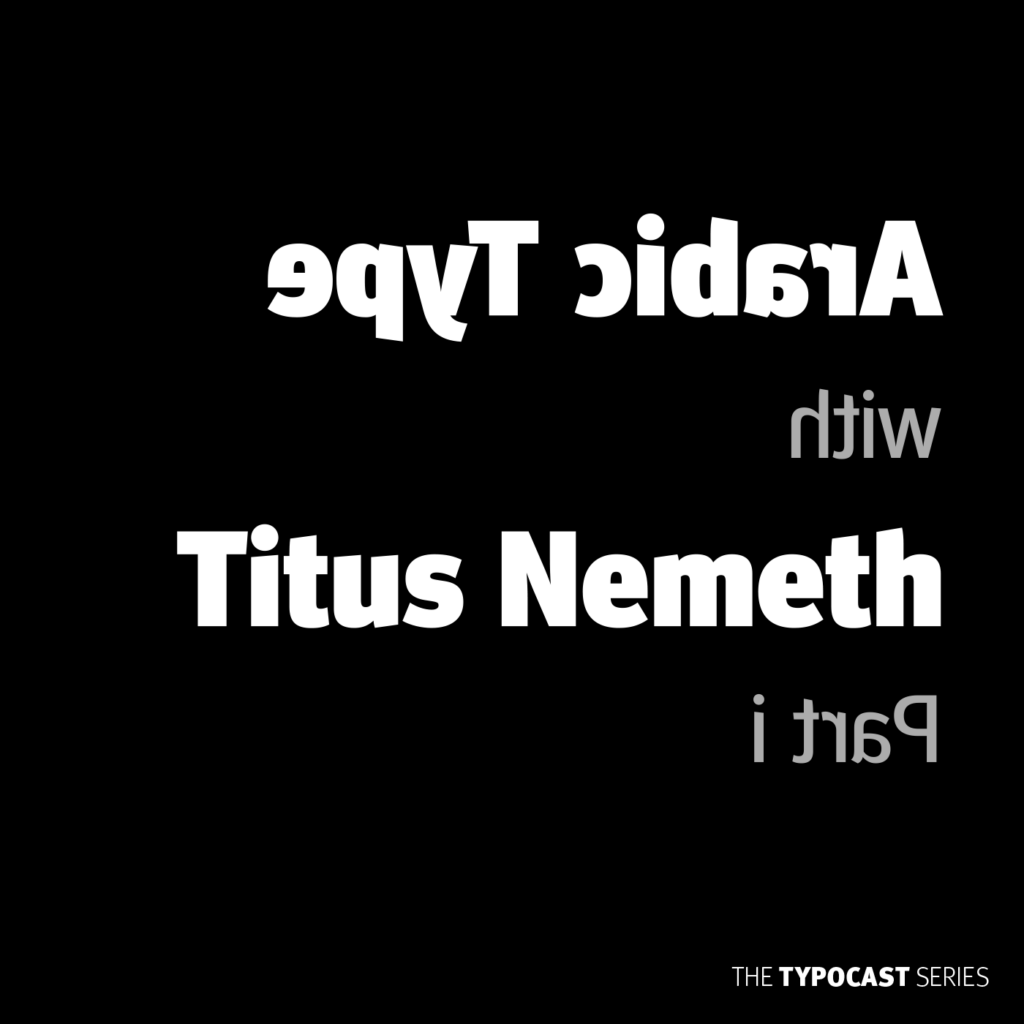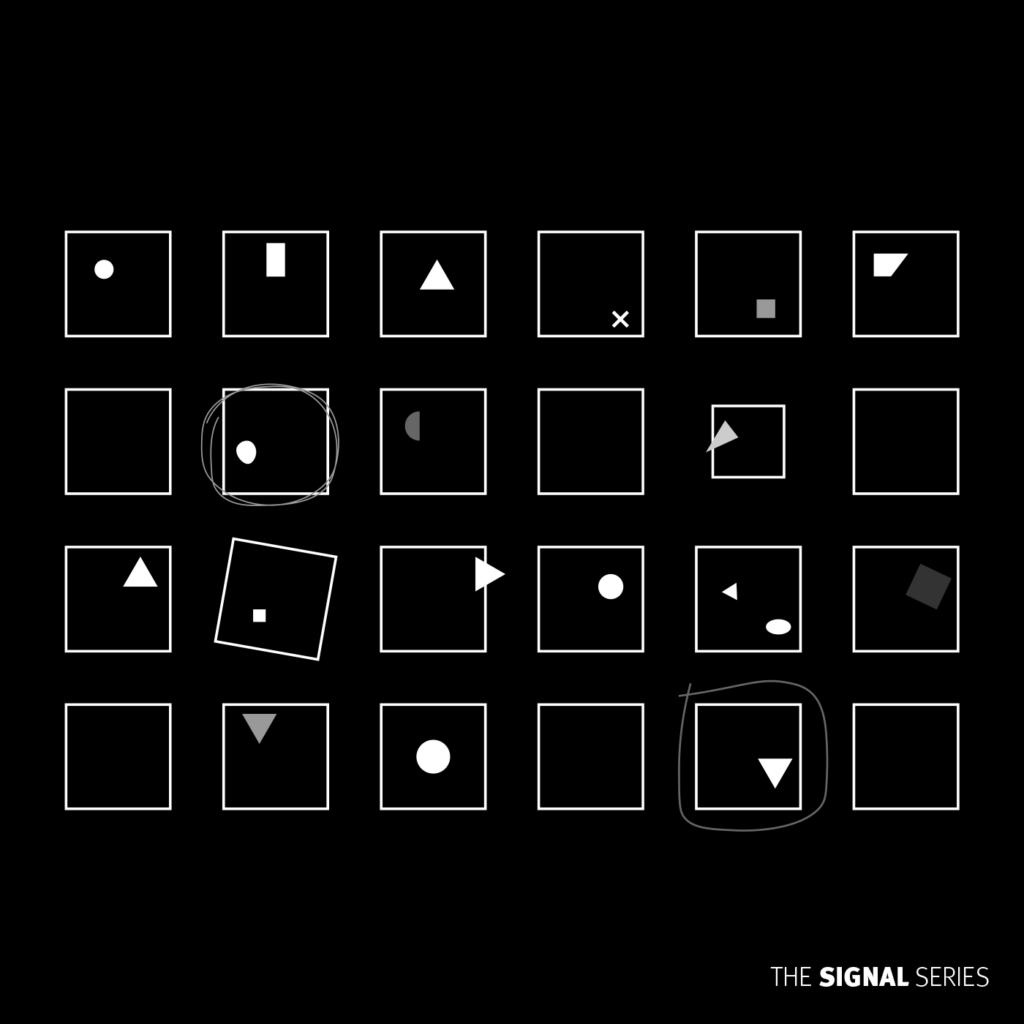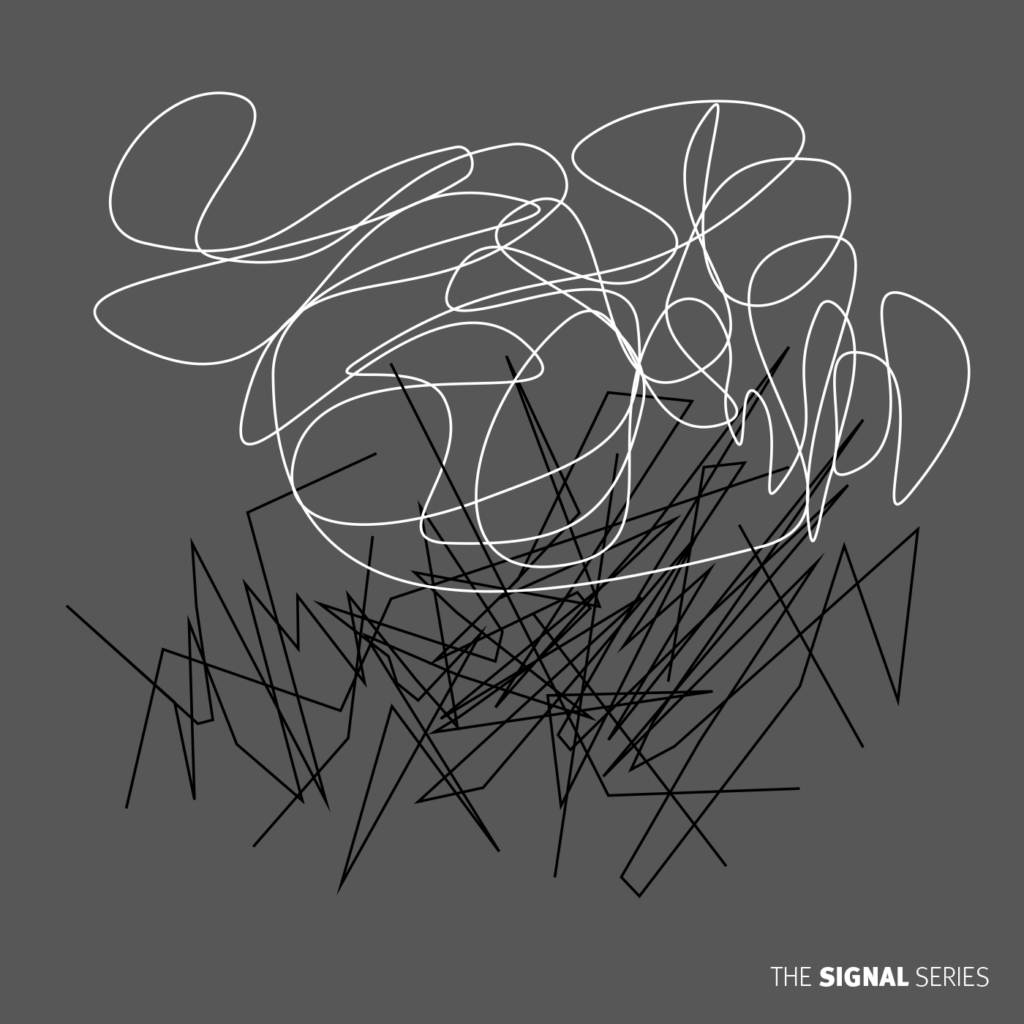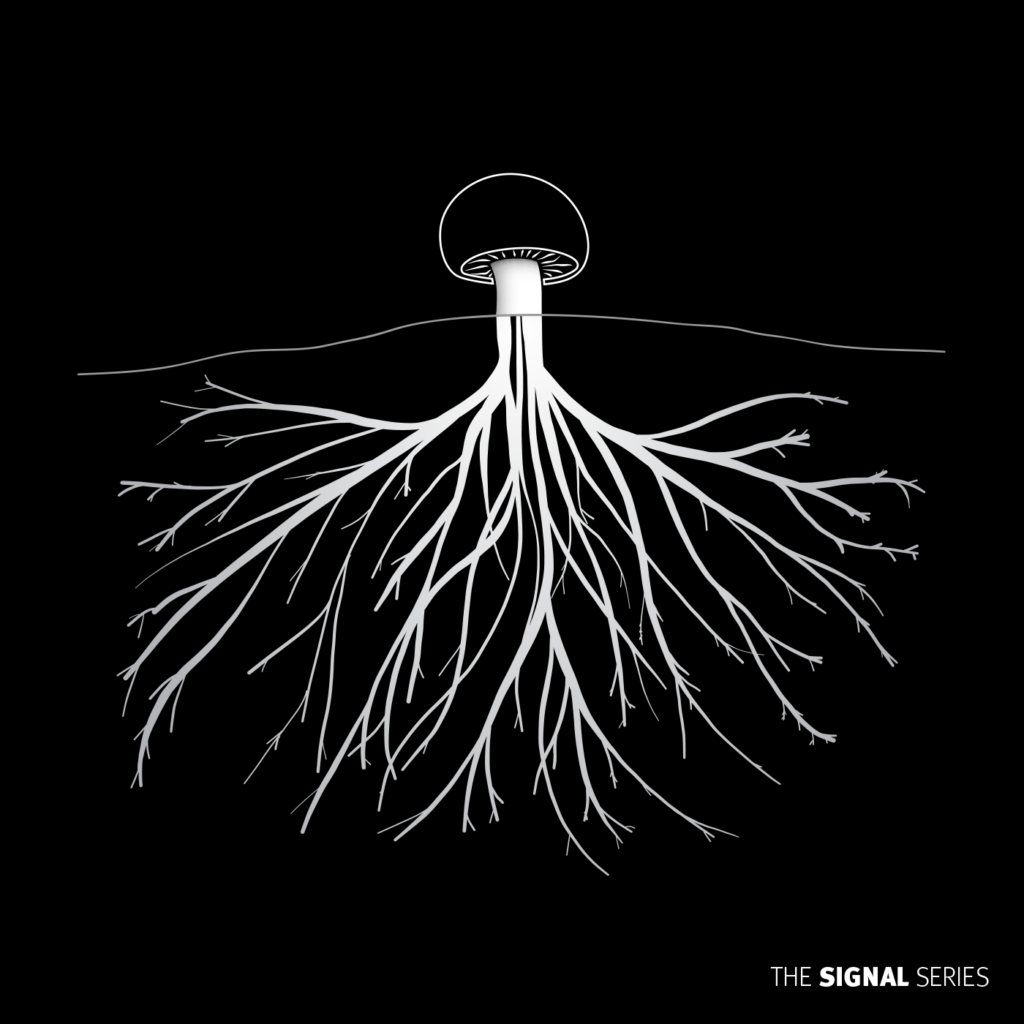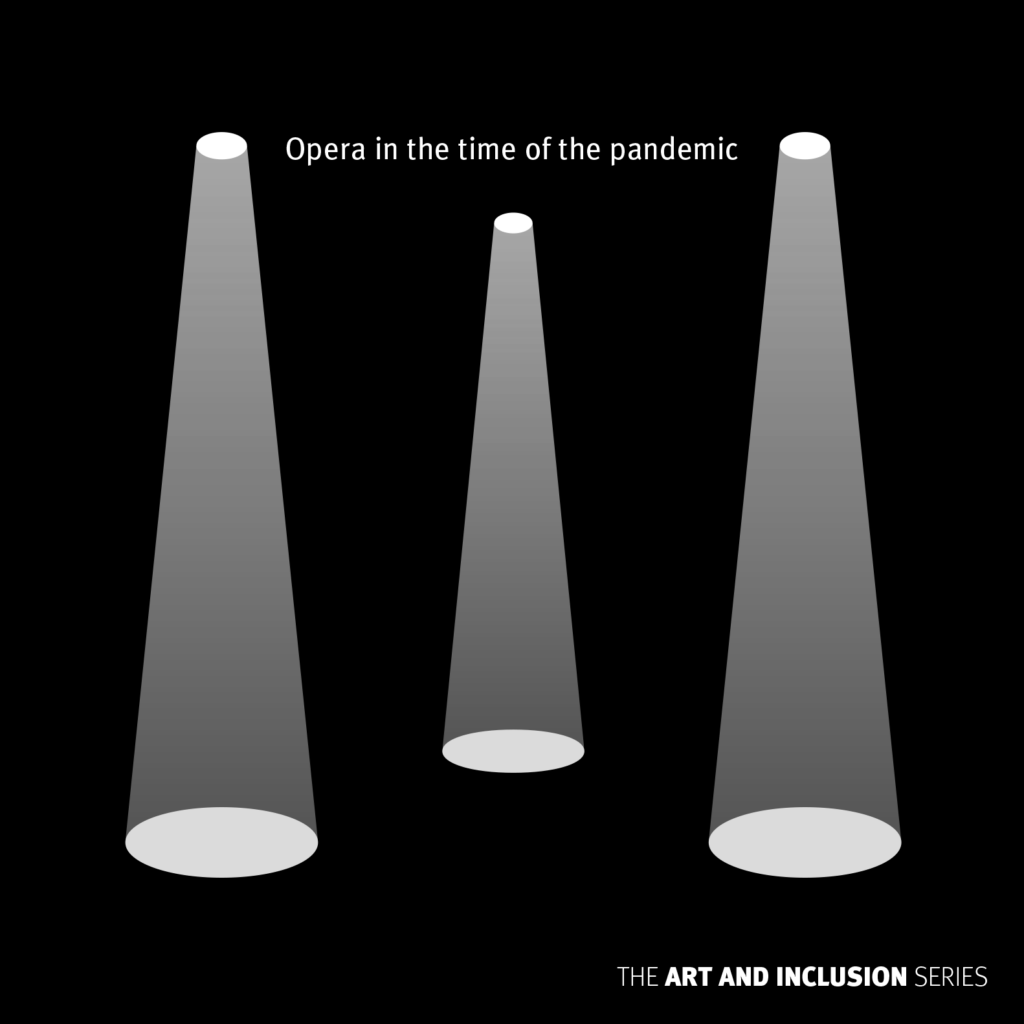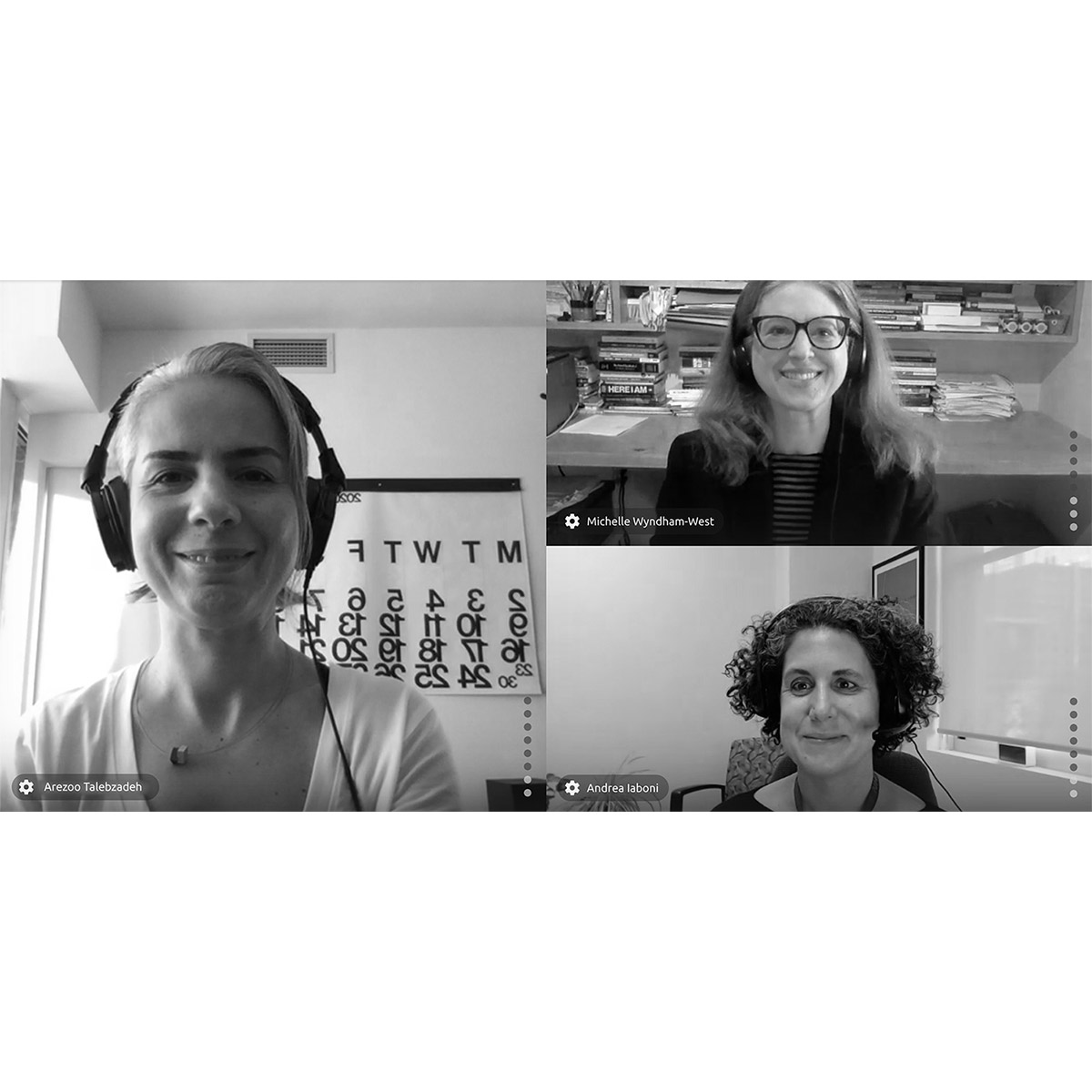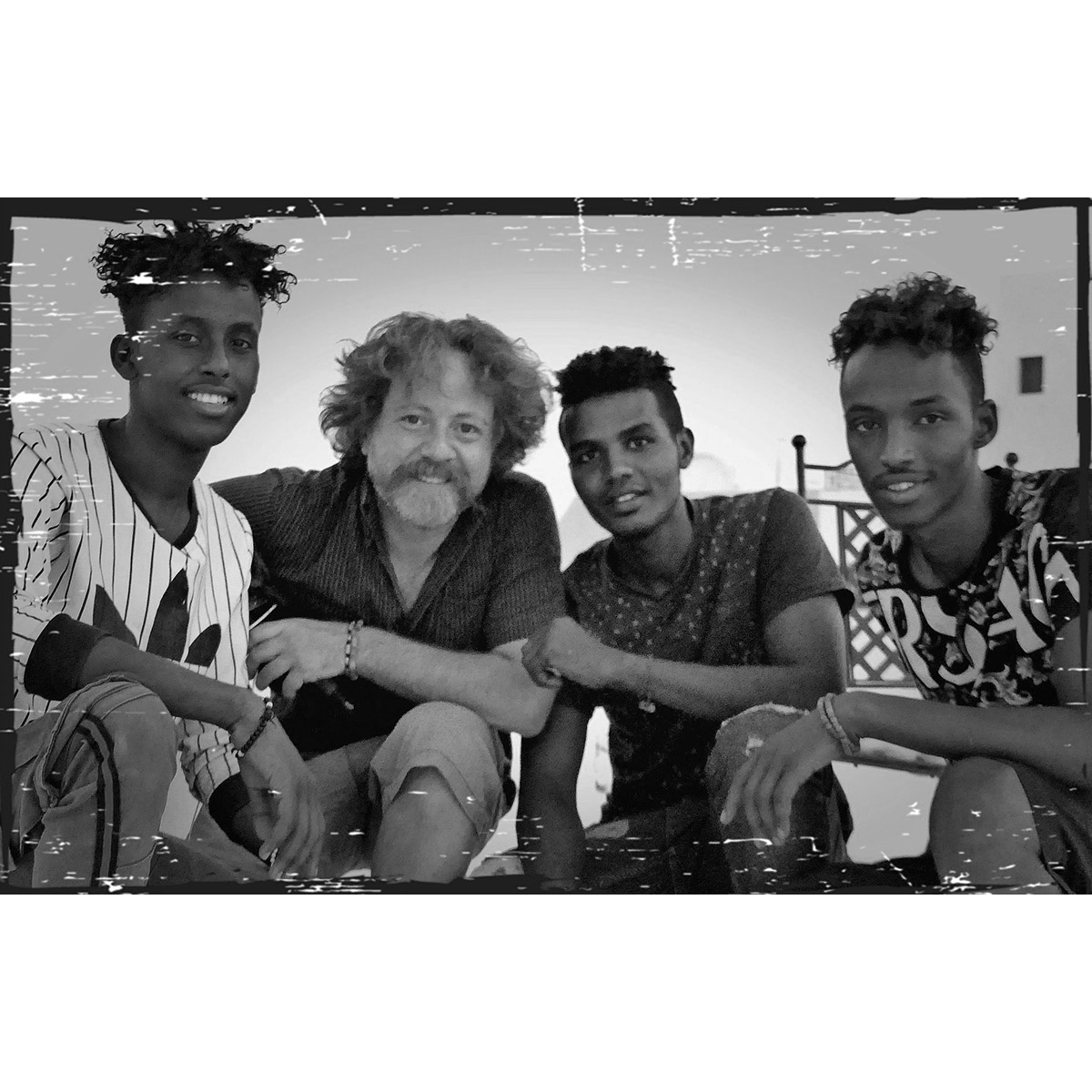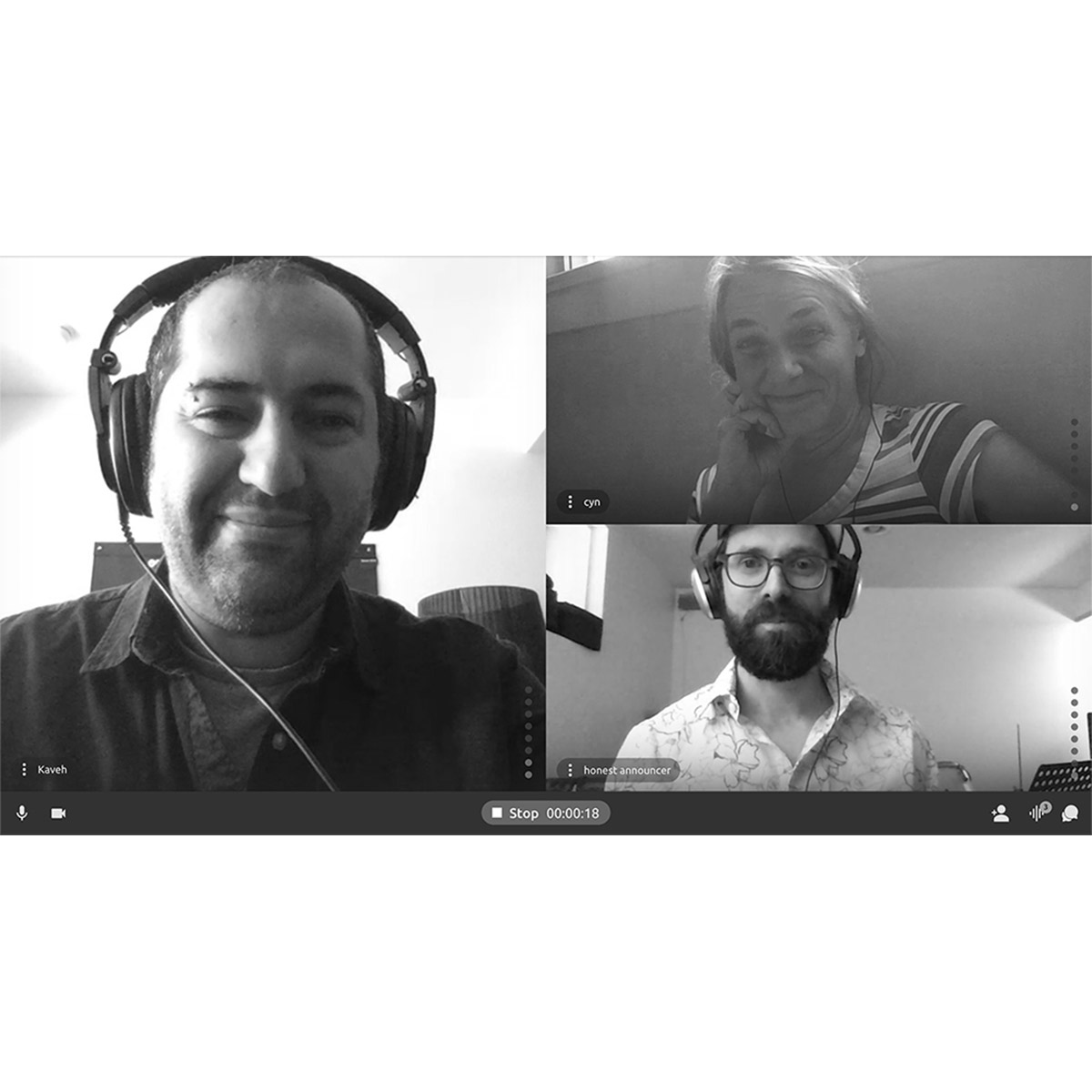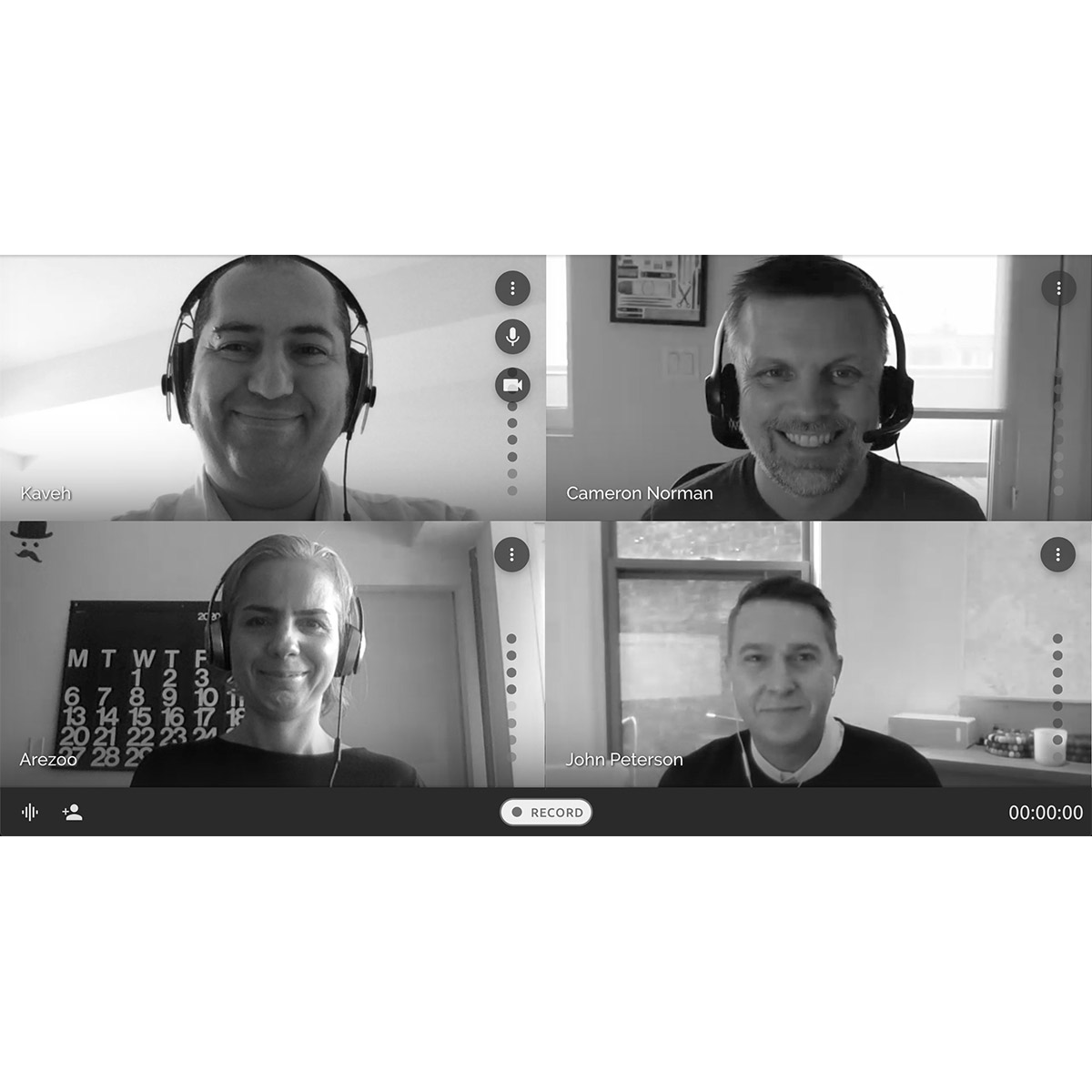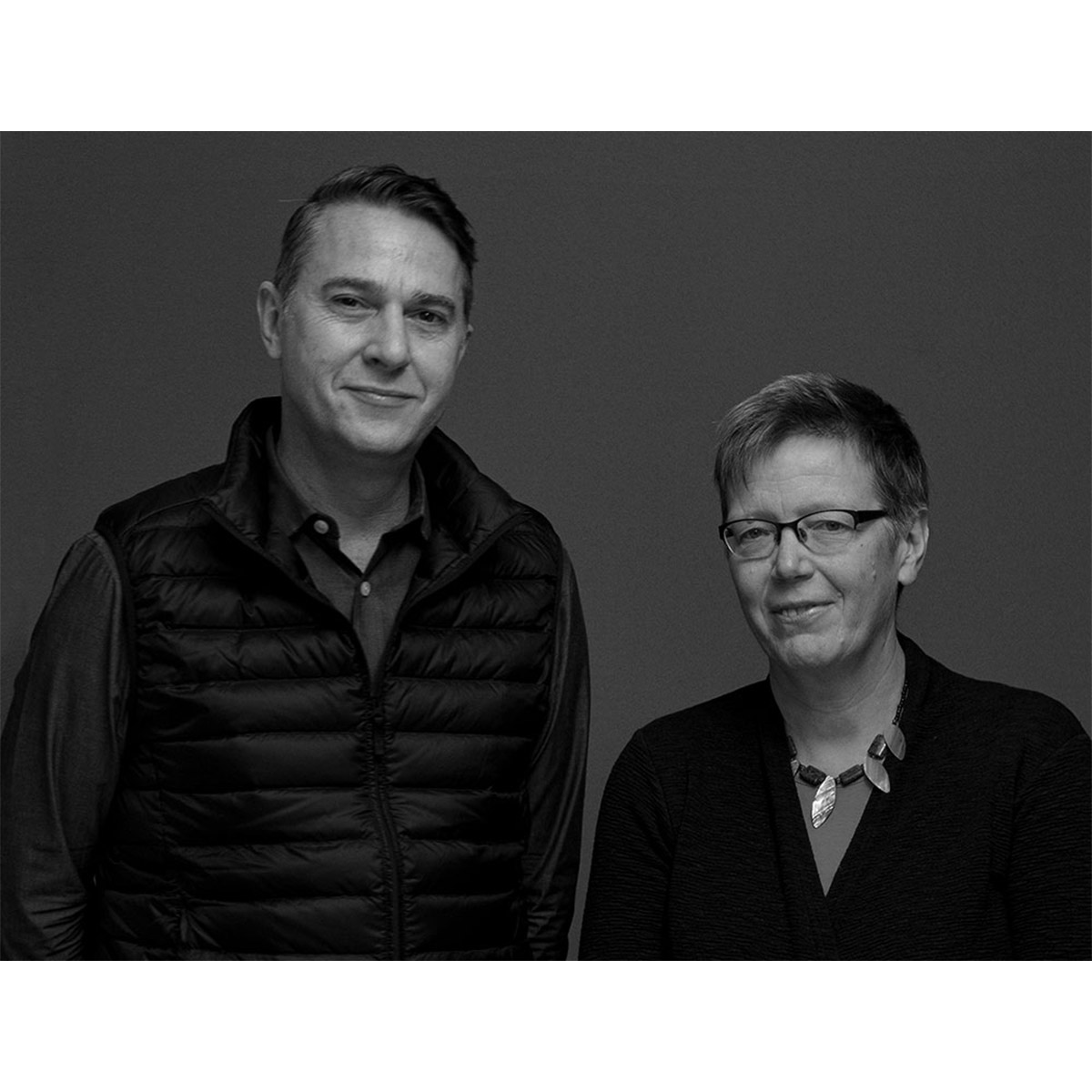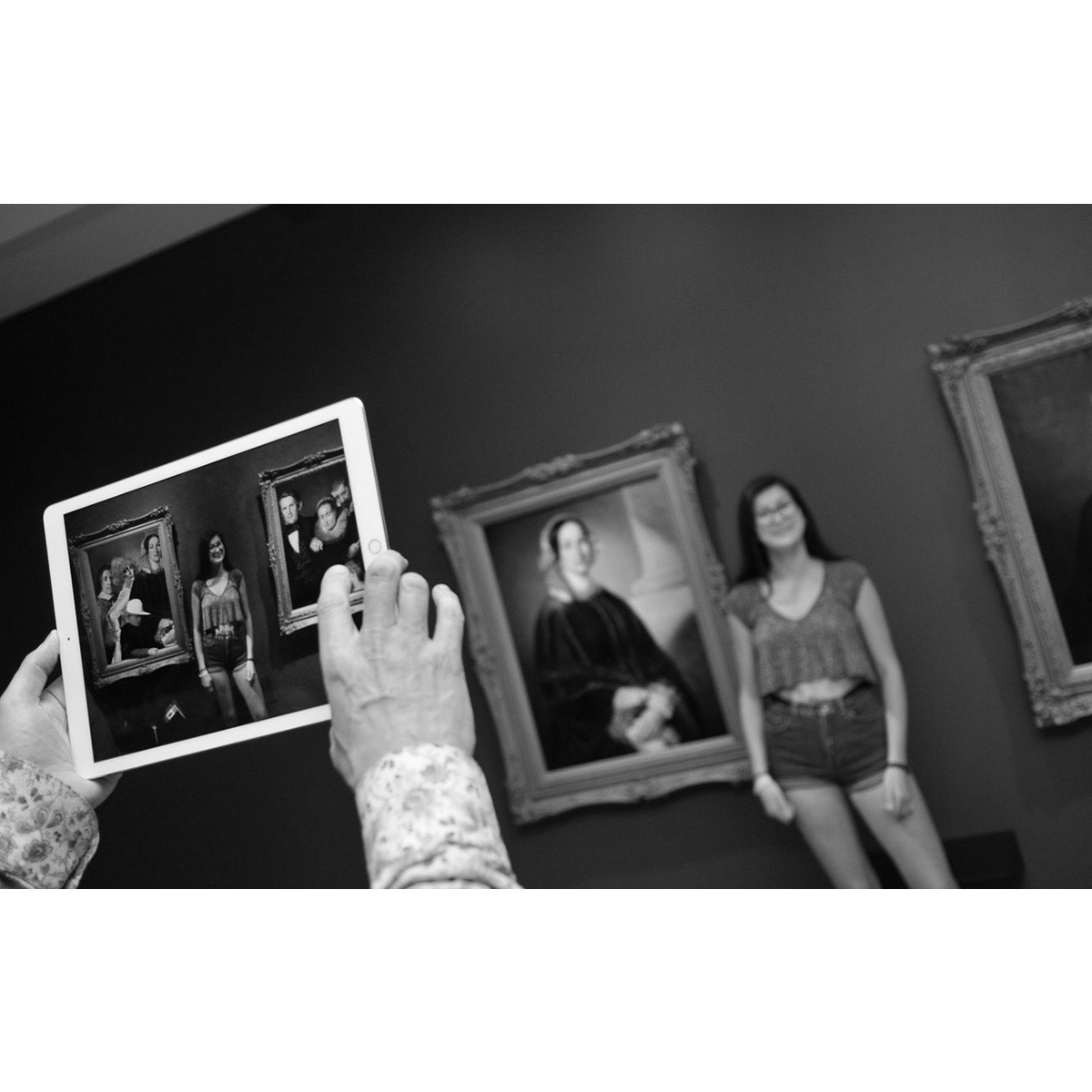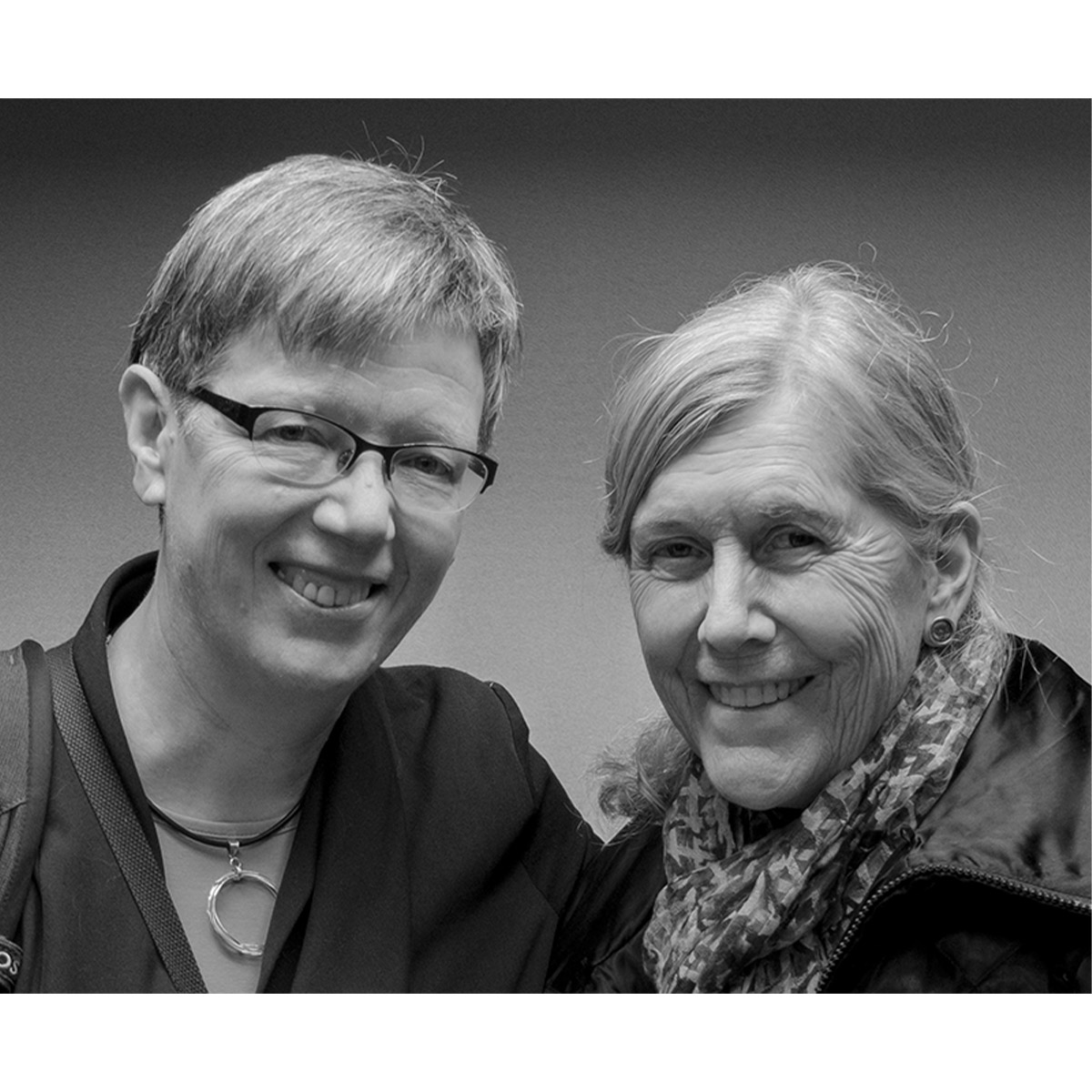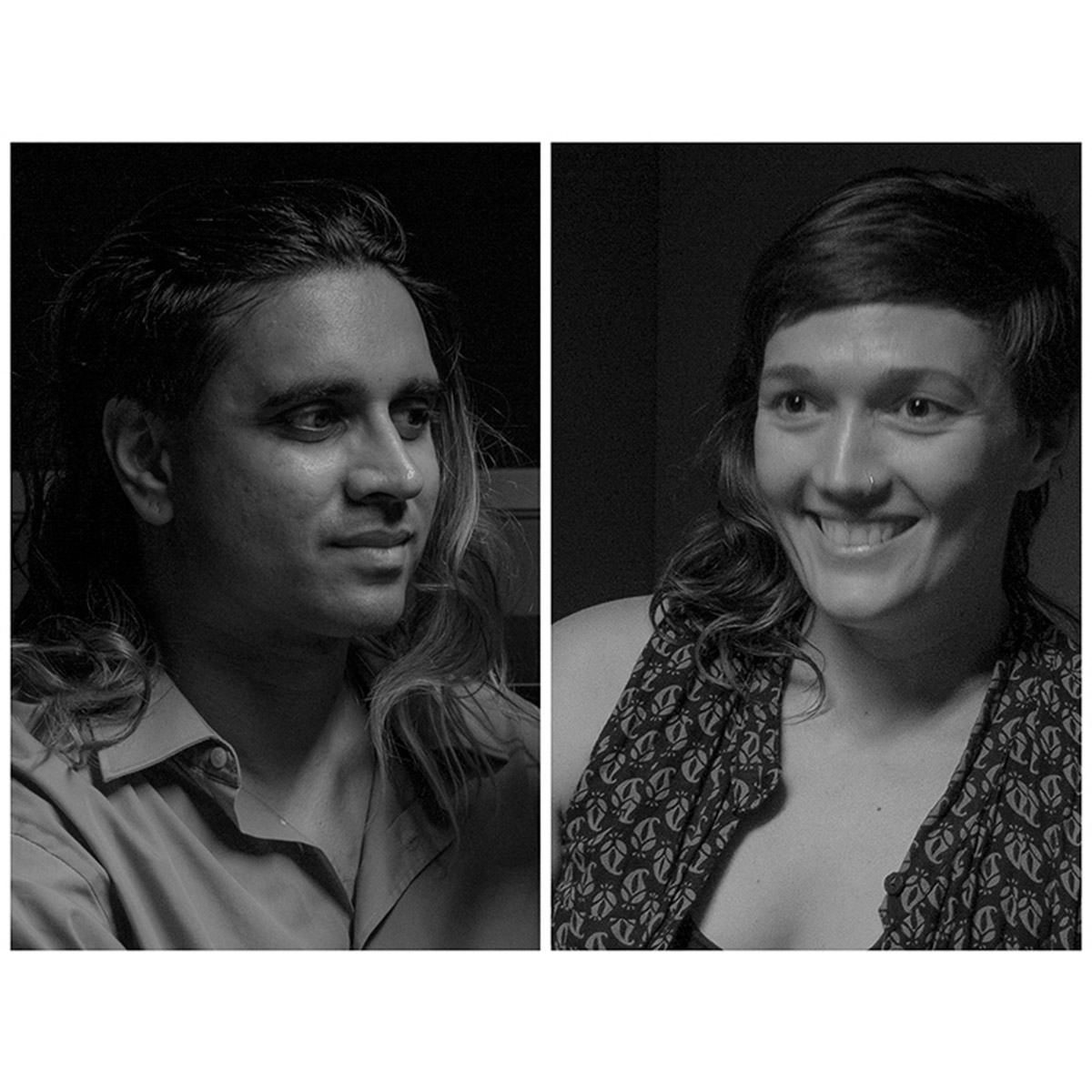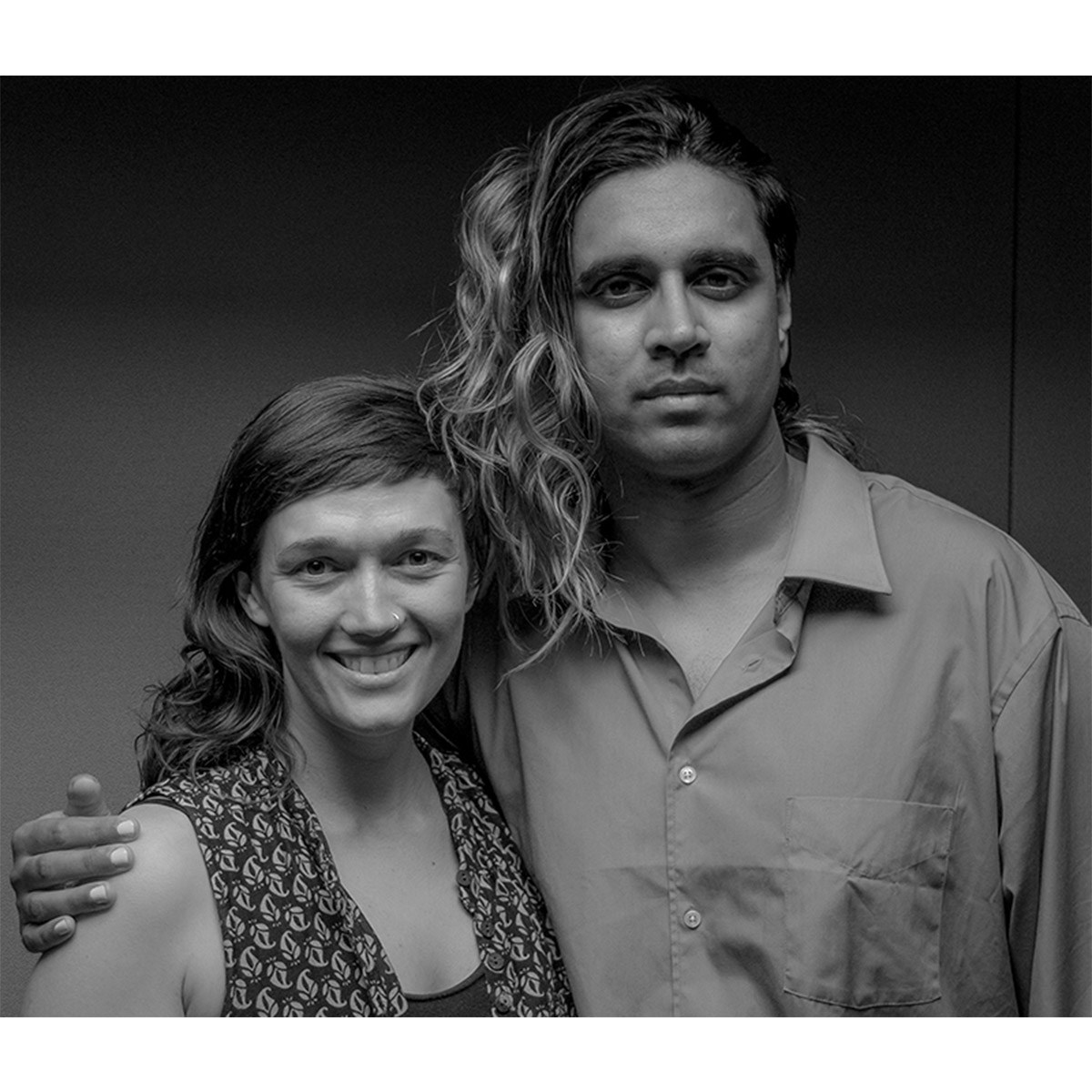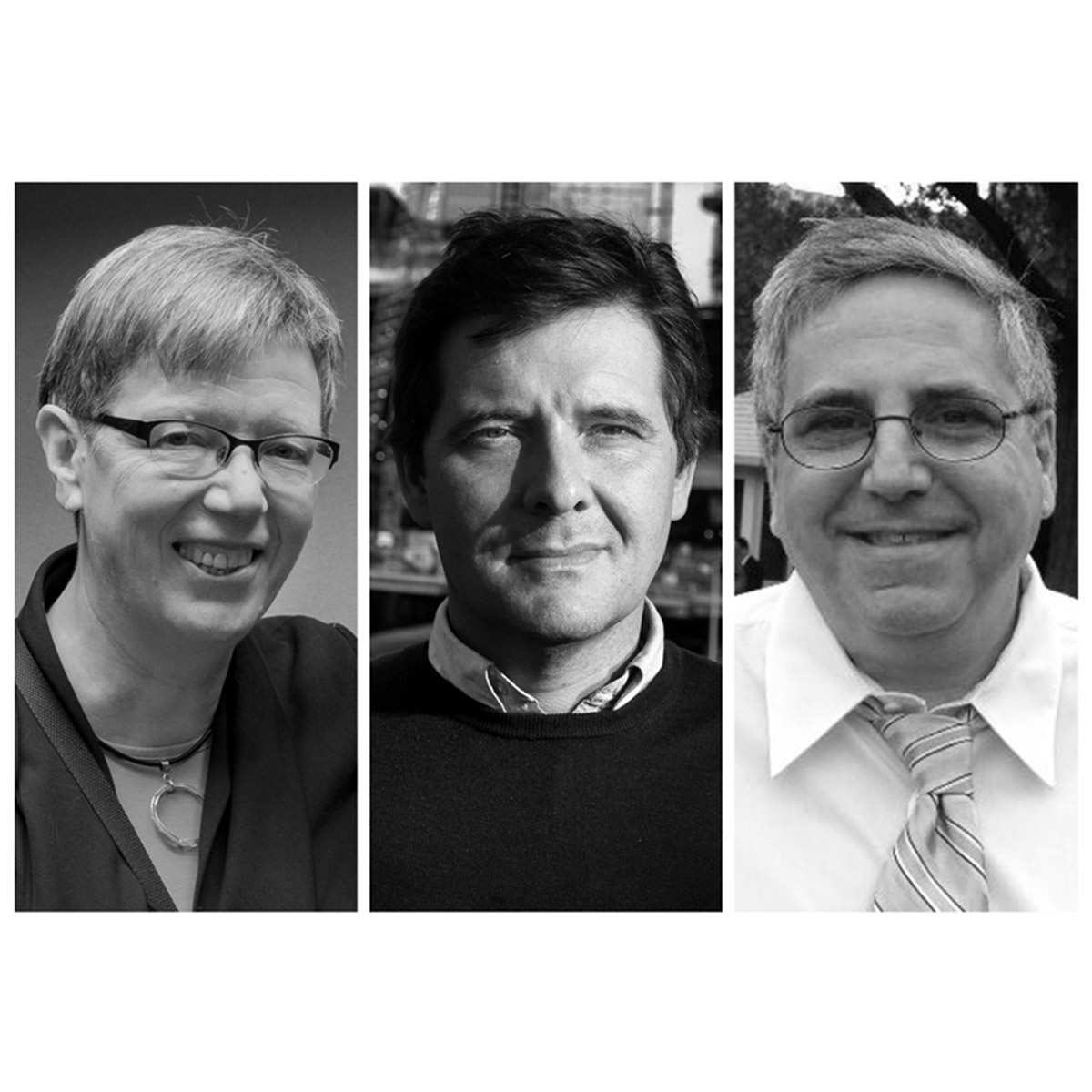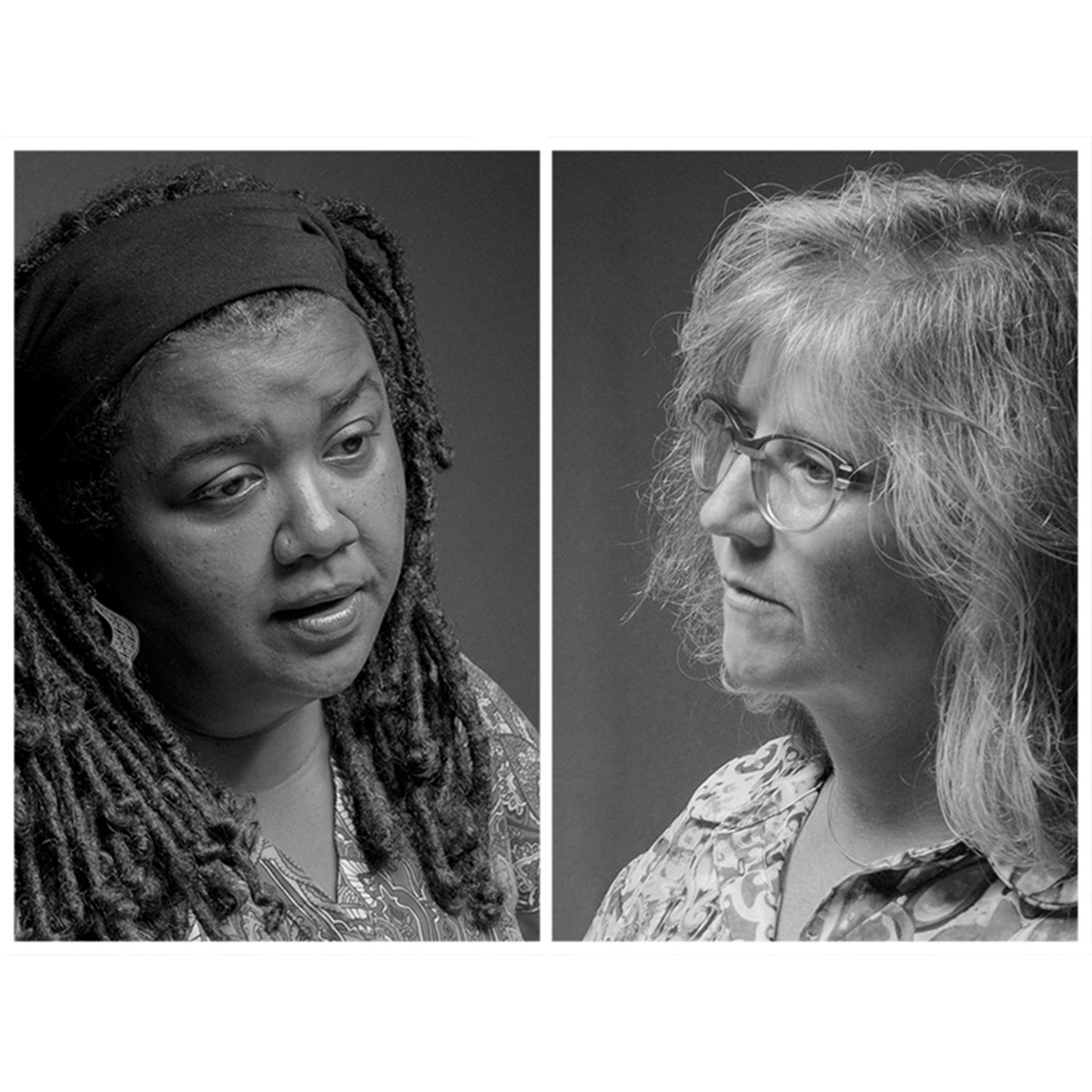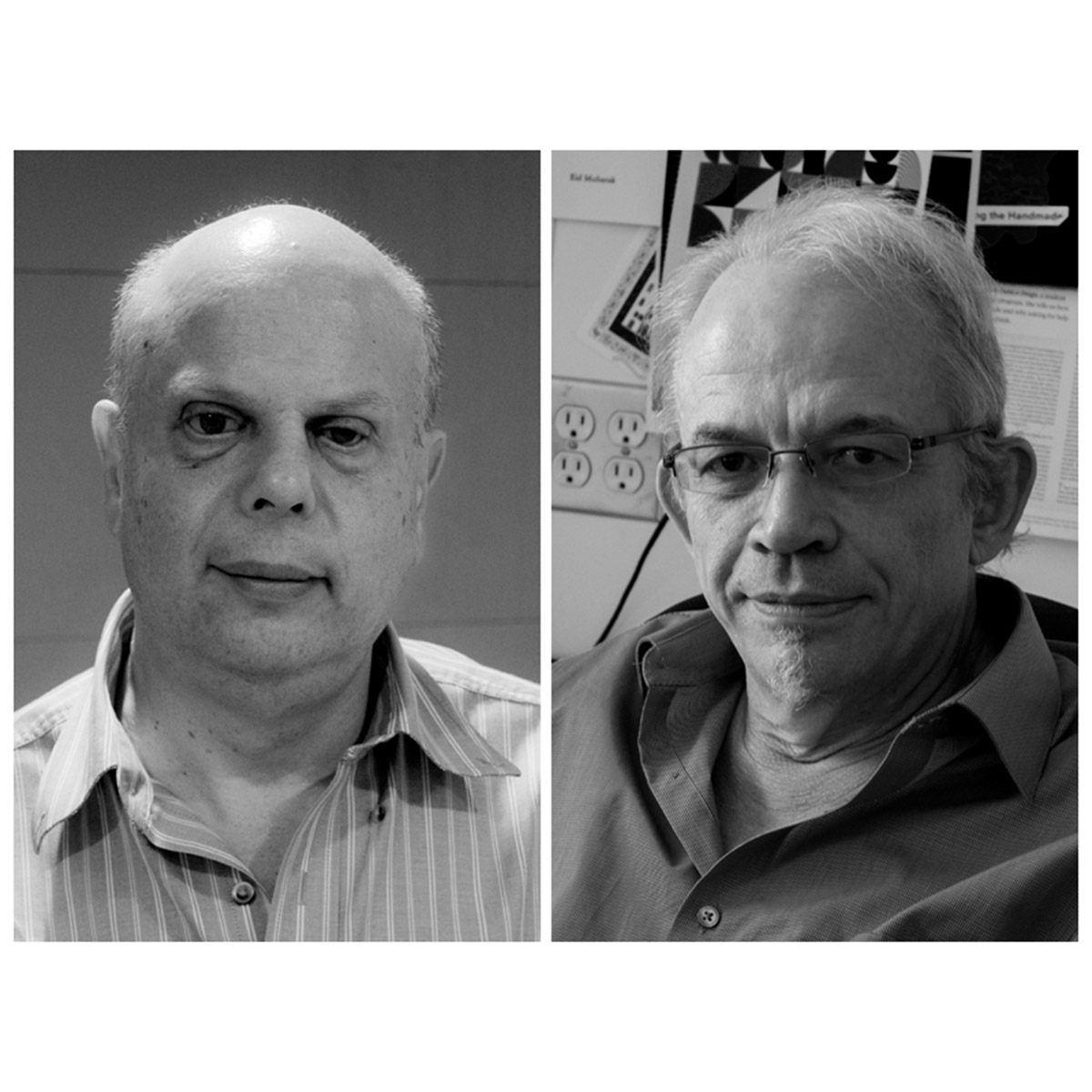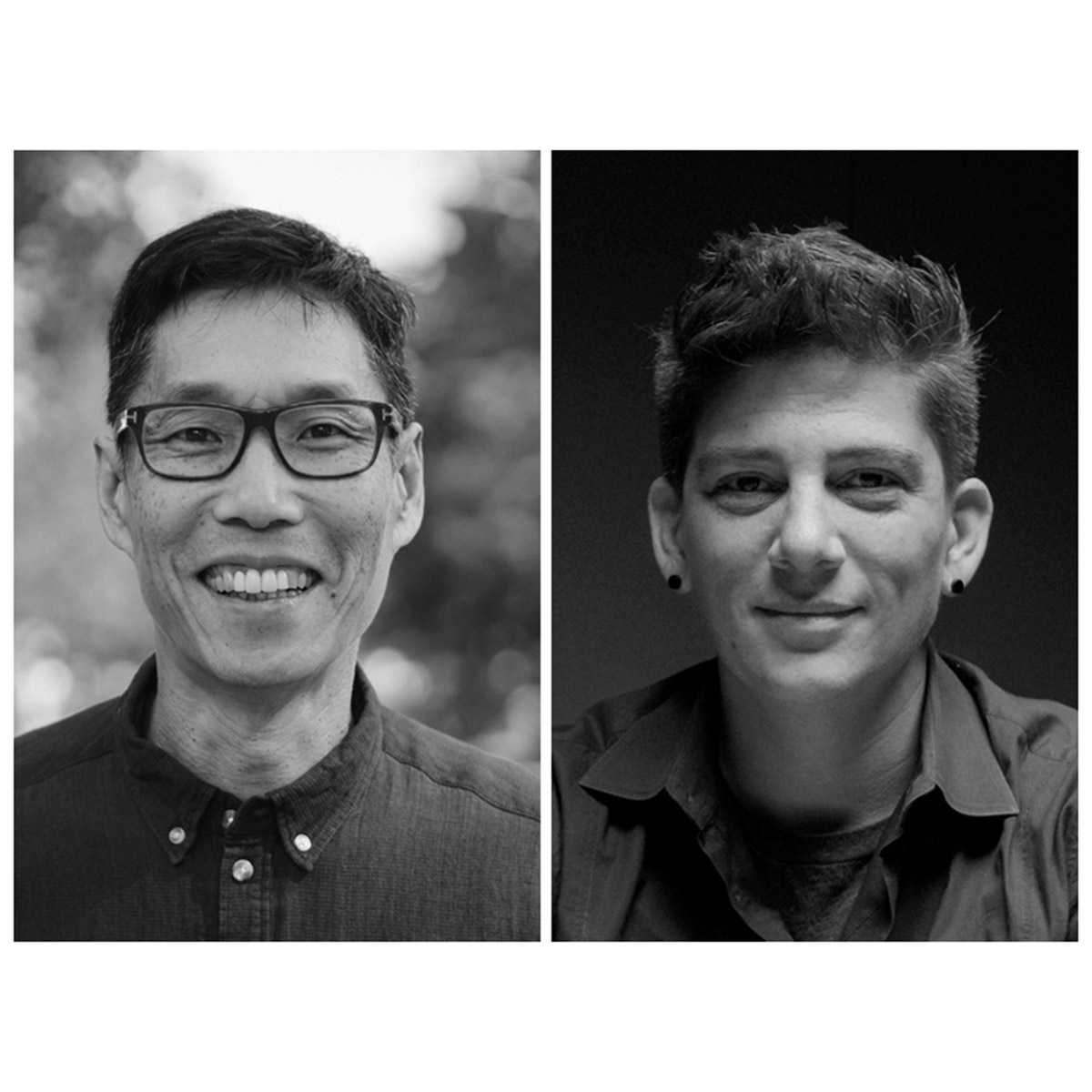The definition of home varies in different contexts and times and, at the same time, is shaped by its residents. Same as how we define our homes or living places, we are affected by our lifestyle and where we stay the most.
In events like the current pandemic, the COVID-19, we are not only spending most of our days at home, but many of us should work, study, exercise, entertain kids and pets, and do many other activities while at home. As a result, we face many new challenges every day and many shared experiences that exclude us from social and personal activities.
We should not forget that staying home does not have the same meaning and value for everyone. We have to recognize that people live in a large variety of conditions, being alone, different types of families, sharing places and homelessness, and also people who can’t stay at home due to their jobs and responsibilities.
All these points prompted us to think about home, and how can we redefine home for the post-COVID-19 time. Our societies were already at the stage of experiencing many changes in the nature of jobs and living.
How the place of living affects our health and wellbeing, and what needs to be different going forward?

